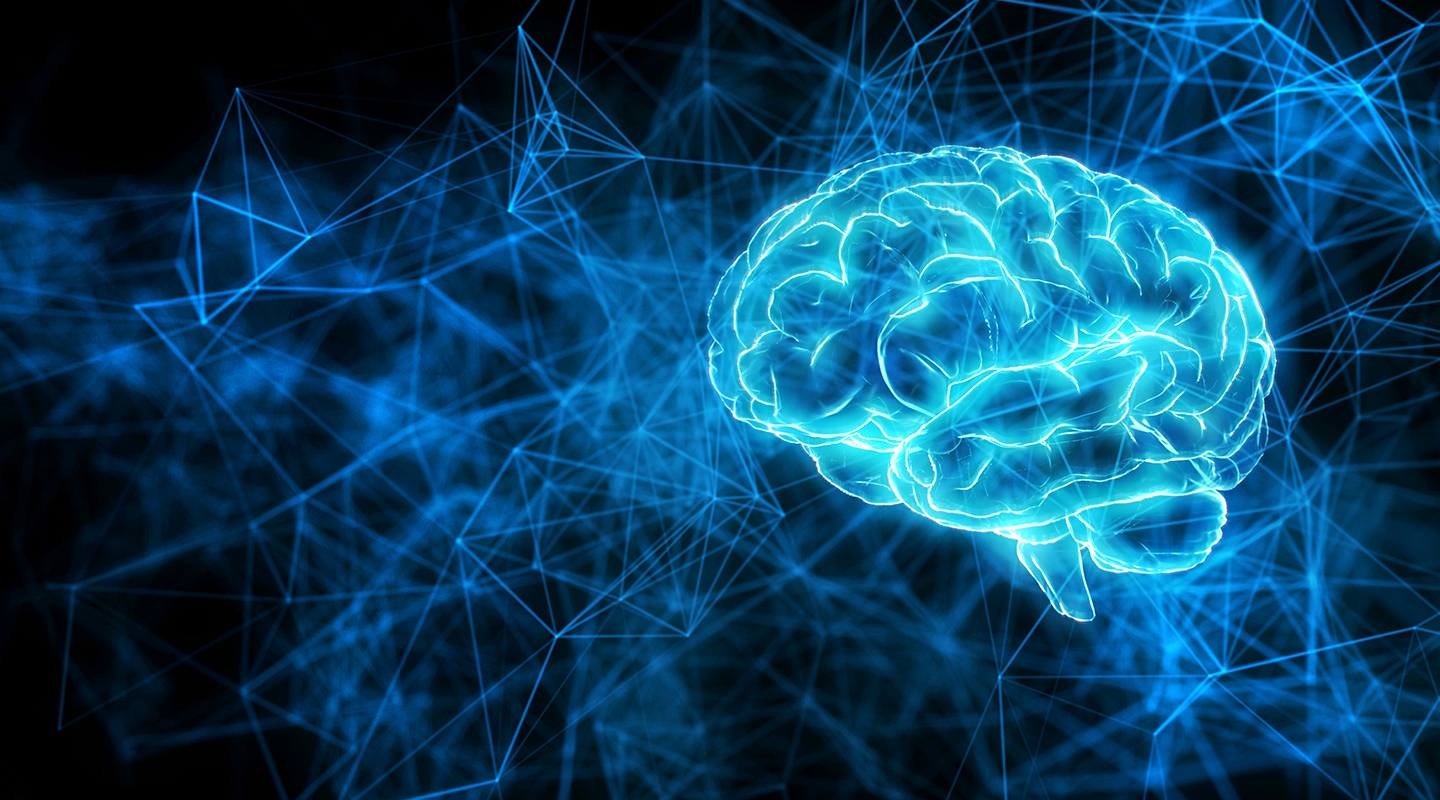
New study shows significant improvement in cognitive function in patients with MCI
New clinical research conducted by the University of Sherbrooke, Canada, published in Alzheimer’s and Dementia, has established people with Mild Cognitive Impairment (MCI) experienced significant improvement in cognitive function when consuming a specialized ketogenic drink (BrainXpert Energy Complex) twice a day for six months.
Affecting 15-20% of people aged 65+, MCI is a decline in cognitive functioning1 considered a transitional stage between normal ageing and dementia2. In part, MCI develops when a person’s brain has less glucose available as a source of energy1, resulting in symptoms including memory loss, forgetfulness, and a decline in decision-making ability and judgment.
The six-month randomised controlled BENEFIC (Brain ENErgy, Functional Imaging and Cognition) trial investigated the role of ketones, which can be used by the brain as an alternative fuel source to glucose. The ground-breaking results established for the first time that a drink containing a compound rich in ketogenic medium chain triglycerides (kMCT) and milk protein, known as BrainXpert Energy Complex, is an effective alternative brain energy source for people living with MCI. This signals a major breakthrough for the MCI community that, until now, has had no available treatments2.
Trial results confirmed that an intervention with this ketogenic drink clinically demonstrated a doubling of the ketones used by the brain, thereby significantly reducing the brain energy deficit caused by impaired brain glucose metabolism. Participants also showed a statistically significant reduction in MCI symptoms: they had improved memory; improved word recall; were able to think quicker; and were more able to multi-task versus participants that were given the placebo drink.
BENEFIC trial principal investigator Professor Stephen Cunnane, from the University of Sherbrooke, said: “Identifying significant improvement in cognitive function in patients with MCI is an exciting development that gives us great motivation to stay on this research track. This is only the beginning and the hope is that new innovations can be found to not just boost brain function, but to slow down progression to Alzheimer’s disease and other forms of cognitive decline linked to ageing. These results should significantly improve the quality of life for people living with Mild Cognitive Impairment.”
Cognitive function was assessed at baseline and after six months of intervention. Episodic memory was evaluated using the French version of the 16-item free and cued word learning and recall test3 and the Brief Visual Memory Test-Revised (BVMT-R)4. For executive function, attention and processing speed, the Trail Making test, Stroop Colour and Word Interference test (Stroop), and the Verbal Fluency (VF) tests from the Delis-Kaplan Executive Function System5 were used, respectively. The Boston Naming Test (TNT)6 was used for the assessment of language ability.
The ketogenic drink used in the research will be formulated and launched commercially for people living with MCI in late 2020 by Nestlé Health Science as BrainXpert.
For more information on the study, or BrainXpert, please visit www.nestlehealthscience.com/BrainXpert.
BrainXpert is intended for special medical purposes for the dietary management of patients suffering from Mild Cognitive Impairment. To be used under medical supervision.
Phase one of the BENEFIC trial was published in Alzheimer’s & Dementia in 20191, and the cognitive results of Phases 1 and 2 combined were published in the same journal in October 2020.
Contacts
| Media | Mindy Gold | Tel.: + 44 747 587 6920 | Mindy.Gold@bcw-global.com |
| Jacquelyn Campo | Tel.: + 41 079 598 1163 | Jacquelyn.Campo@nestle.com |
Notes to editors
The BENEFIC trial was conducted in two phases. Phase one demonstrated the change in brain energy status (glucose and ketones) using positron emission tomography (PET) and investigated the potential impact on cognitive function1. In phase two, conducted between 2018-2020 in partnership with Nestlé Health Science, the overall sample size was increased to achieve appropriate statistical analysis for the cognitive function outcomes.2 It also assessed whether the plasma ketone response changed after consumption of a ketogenic drink over six months.2
This randomised study involved 82 participants with MCI who completed the trial. They were split into two equivalent groups: the intervention group and the placebo group. The intervention group was given the ketogenic drink (BrainXpert Energy Complex) in a portion of 30 g/day of kMCT that increased blood ketones (acetoacetate [AcAc] and beta hydroxybutyrate [BHB]). The placebo drink provided an equivalent amount of energy that did not produce ketones. Both drinks were taken twice a day for six months.
